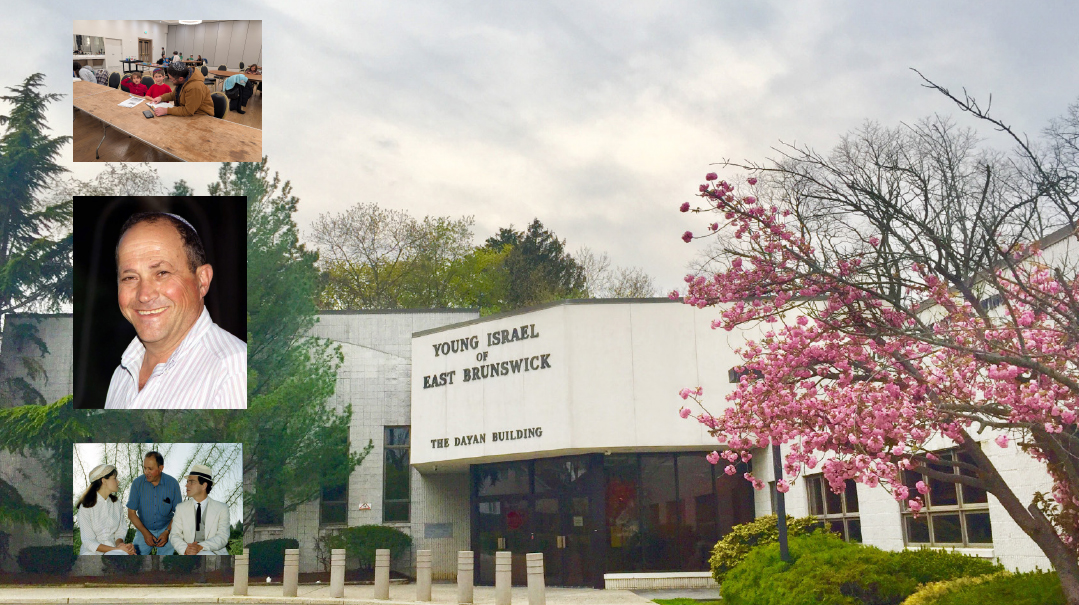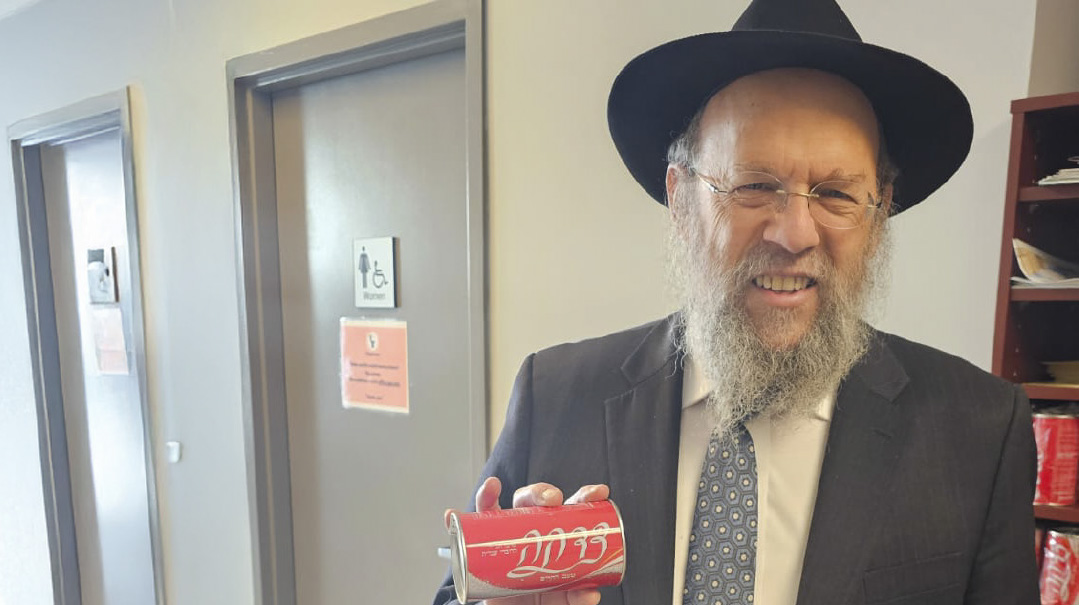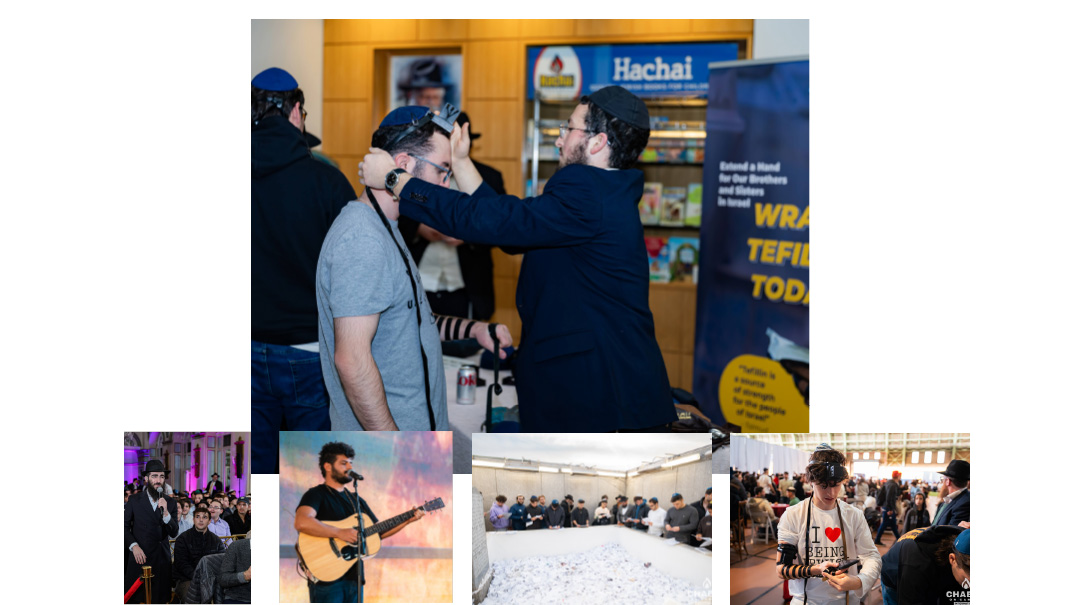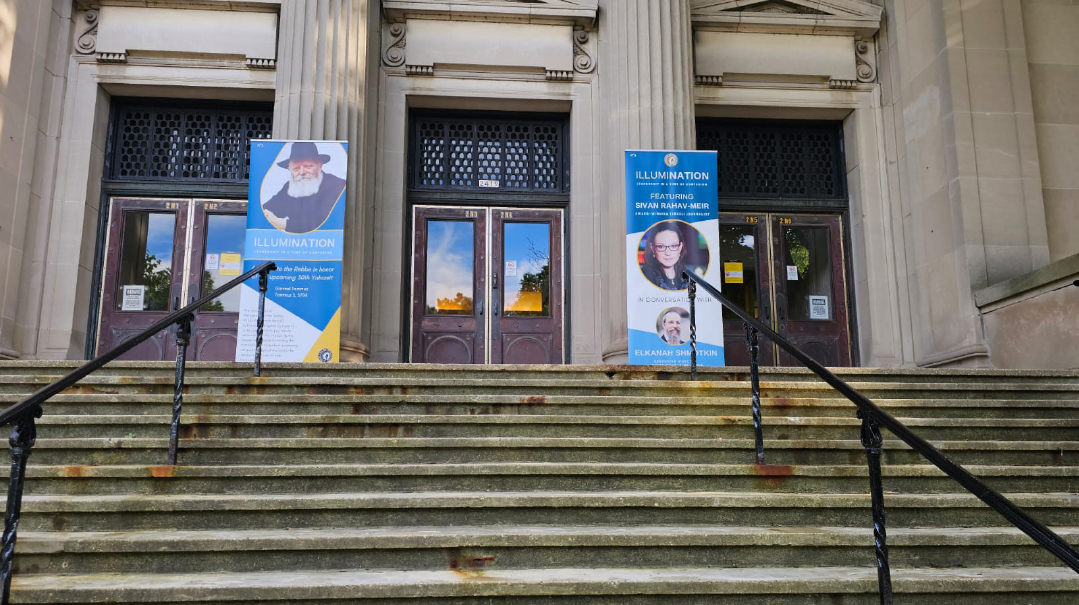Persian Threads
| November 26, 2024I spent an incredible Shabbos in Great Neck with the Persian community
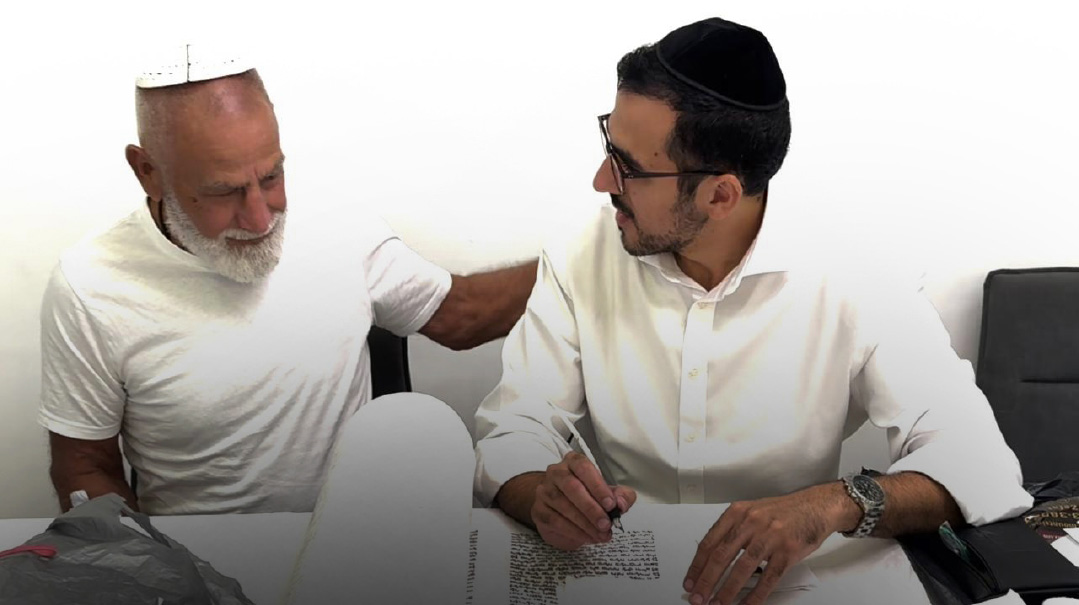
Where: Great Neck, NY
What: Shabbos lectures sponsored by EFRAT
My takeaway: An ocean might separate us, but our soul connection will never unravel
Think suburbia, and Great Neck, just a 35-minute drive from Manhattan, comes to mind. But not only did this quiet hamlet transform itself to one with a Jewish majority over the last half century, since the 1980s an influx of Iranian Jews has created a corner of ancient Persia in this once all-gentile suburb.
I spent an incredible Shabbos in Great Neck with the Persian community as part of a speaking tour for Efrat, an organization dedicated to bringing Jewish children into the world through various types of support. The Persian community is known for its steadfast adherence to its special traditions, and also for its hachnassas orchim — so I felt immediately welcome and comfortable enough to strike up meaningful conversations, some of which have left a lingering impact.
On Friday night at one of the local shuls where many of the congregants are Iranian-born, a woman sitting next to me in the ezras nashim was quite friendly, and during our conversation after davening about the various schools in the town, she revealed that her son attends public school.
I couldn’t hide my dismay — this woman is sitting next to me in shul yet doesn’t appreciate the importance of a Jewish education? What reason could she have for not sending her child to learn Torah and make Jewish friends instead of mingling among non-Jews? Given the character of the neighborhood, I was pretty sure it wasn’t for financial reasons….
As we made our way downstairs after davening, I understood the reason in an unexpected — and humbling — way. Next to the door of the main sanctuary, a man, whom I initially assumed was her husband, approached her with a young boy and told her good-naturedly, “Here’s your son back!”
The woman, seeing that I was watching, turned to me and explained, “We’re in the process of becoming more observant. I started coming to the beit knesset, and my son joins me every Shabbat. But my husband isn’t ready for this yet, so I asked one of the community members, someone we know well, to sit with my son during the service and show him what to do so that he won’t feel out of place. He’s been such a great help, and my son is starting to really feel at home in the beit knesset!”
She then left with her son — and I was left with my own thoughts about being dan l’chaf zechus.
The Power of a Word
Shabbos morning found me at the Shaare Rachamim shul, led by Rabbi Yosef and Rabbanit Coty Bitton. Hundreds of women from the Persian community were there, and as it turned out, I recognized several of them from their solidary mission to Israel toward the beginning of the war. Rabbanit Coty shared the story of how that trip came about.
Last November, the women of the congregation traveled to Washington to be among the 300,000 who took part in the massive March for Israel rally. Sitting on the bus on the way back, the women chatted about the event, but two women — Natasha Sher and Collette Hakimian — made a pointed comment: “It’s wonderful that we went to Washington, but maybe we should go to Israel?”
Their words were spoken causally, like so many remarks, but sometimes words can create reality. By the time they arrived home, those casual words had germinated into a plan. Just days later, 40 women, aged 16 to 70, signed up for the trip, and within a few weeks, they were on their way to Israel.
Every Jew Has a Letter
Not far away is another Persian beit knesset, Shaare Zion, led by the Bittons’ son, Rabbi David Bitton. This kehillah has kept the memory of Israel’s victims alive in two ways. First, the shul’s bimah is inscribed with the names of all who lost their lives on and since Simchas Torah. They shared that a group of Israelis from the southern communities of Shlomit and Pri Gan who visited recently became very emotional when they saw the names of their loved ones commemorated in such an honorable way. But the goal was not only to commemorate the fallen; next to each name are written pesukim that speak about geulah, consolation, peace, and hope.
And then there was the sefer Torah, the culmination of a huge collection project initiated by the community on behalf of Israel. It began with a large-scale collection of funds and equipment, which were quickly shipped off to Israel, followed by a solidarity delegation that arrived to show support in person.
Around Pesach time last year, the kehillah decided to take it a step further and write a sefer Torah in memory of all the fallen. Rabbi Bitton explained that this sefer Torah is meant to unify the Jewish people, as true achdus exists only when there is Torah.
Each community member wrote a letter in the sefer Torah, after which Rabbi Bitton brought the nearly complete Torah scroll to Israel. He traveled all over the country, inviting specific individuals to write a letter in it. Some of those families included Rachel and Jon Goldberg-Polin, parents of Hersh Hy”d, who were extremely grateful and moved by the gesture. Eliyahu Libman, father of Elyakim Hy”d, welcomed Rabbi Bitton to his home in Kiryat Arba and expressed his joy that the sefer Torah would bridge worlds. “We feel the warmth and love all the way here, connected through the holy letters,” he said.
Rabbi David Fendel of Sderot wrote a letter and remarked, “This is our response to our enemies. It is an eternal, profound way to forge a connection between us. We will dance with this Torah here, and you will dance with it there.”
The sefer Torah also reached ZAKA volunteers and wounded soldiers still recovering in the hospital. Some dedicated the letter they wrote to the memory of a certain fallen soldier.
Then came the meeting with Yagil Yaakov, a 13-year-old boy from Kibbutz Nir Oz who, along with his brother Or, spent 52 days in captivity in Gaza before he was released. Tragically, his father was murdered by the Hamas terrorists, who are still holding his body. Yagil is seen donning a kippah in honor of the occasion, and thanking the Jewish community of Great Neck. Not long after this event, he uploaded a post on social media about his newfound belief in Hashem, and soon after, he posted that he would start keeping Shabbos, remaining offline on the holy day. It was heartwarming to see Yagil, who was taught nothing about Yiddishkeit even as his father was murdered al kiddush Hashem, standing next to the sefer Torah, receiving a long-distance embrace, and connecting to his eternal heritage.
Our Sages tell us that every Jewish soul has a letter in the Torah. With this special scroll, our brothers in Great Neck reminded us of that again.
(Originally featured in Mishpacha, Issue 1038)
Oops! We could not locate your form.

